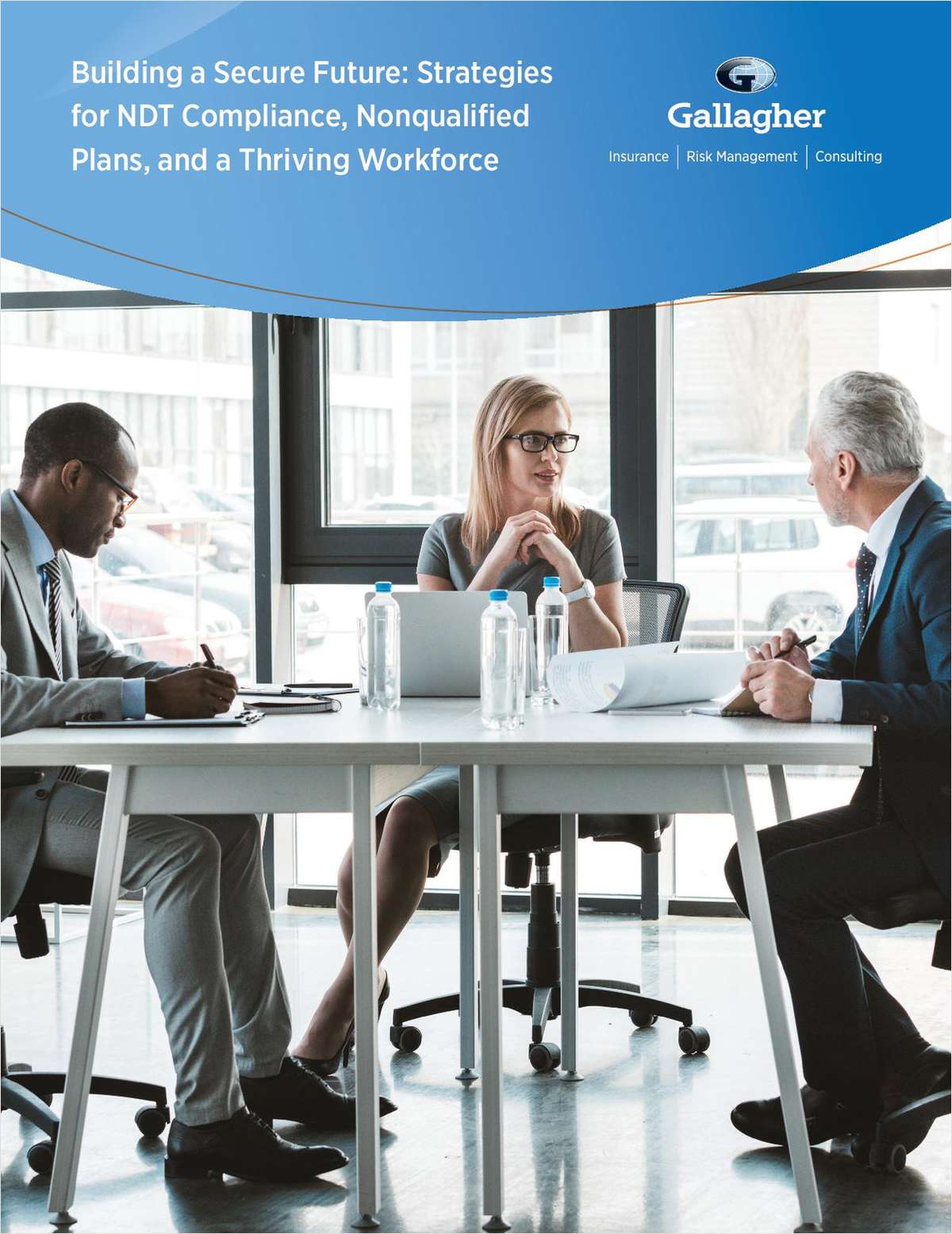OKLAHOMA CITY – It's been seven years since Timothy McVeigh and Terry Nichols masterminded the bombing of the Alfred P. Murrah Federal Building that resulted in the deaths of 168 people, including 18 employees of Federal Employees Credit Union McVeigh has been executed, and Nichols who is already serving a life sentence on federal convictions for conspiracy and involuntary manslaughter will face a state murder trial and the possibility of a death sentence for his role in the attack. Credit union staff who were injured in that attack have been left with physical and emotional scars that will stay with them the rest of their lives. They have also learned some hard lessons of survival they want to impart to credit union staff affected by September 11′s terrorist attacks on the World Trade Center and the Pentagon. Amy Petty, vice president of operations said it doesn't make a difference that the bombing of the Alfred P. Murrah building was perpetrated by two Americans while the September 11th attacks were inflicted by terrorists from outside the U.S. "Terrorism is terrorism," says Petty. She admits though that the fact that the 1995 terrorist attackers were Americans exacerbated the difficulty she had getting over the initial shock of the bombing. "It would have been easier to believe the attackers were someone outside this country. It was harder to believe they were Americans," she said. In 1995 Petty was Visa loan officer for FECU. After the attack, she endured three months of physical therapy and more than two years of psychological therapy to help her deal with the trauma. Since September 11′s terrorist attack, Petty said she and many of her colleagues employed with the CU seven years ago, find themselves re-experiencing many of the symptoms they had then and thought they'd put behind them such as trouble sleeping, lack of concentration, mood swings and appetite changes. Petty's also seeing a psychologist again. Petty said the terrorist attack in 1995 made the credit union more sensitive to how personal stress affects employees' work performance and underscored just how important it is for the human resources department of a credit union to have stress management tools at their disposable. "Credit unions, like most businesses, have always provided plans that addressed employees' physical health," said Petty. "Now an increasing number are also realizing the benefits of providing coverage for their employees' mental health. "Before the tragedy in 1995 struck, we tended to think this wasn't so important. There was a stigma attached to seeing a `shrink'. It wasn't until the tragedy struck that we realized how important this is," Petty continued. "You realize why counseling is so important." In August 2000, Federal Employees implemented an Employee Assistance Program managed through CABA Employee Assistance Services, a subsidiary of Cher A Bumps & Associates. The EAP provides employees and their immediate family with an allowance for a maximum number of annual visits with a counselor. Counselors are available in several areas of specialty such as physical and chemical abuse; depression; financial stress; grief counseling; and marital relationships. Employees interested in seeing a counselor simply contact CABA and are referred to an appropriate counselor. All the information is kept confidential. FECU HR Director Carol Gill said the only information she receives from the company is a monthly utilization report. As of January 2001, the credit union had an 18% utilization rate for the program. Petty said employees of credit unions in New York are probably feeling a range of emotions – depression, anger, guilt – that are typical after a terrorist incident. Some of them, said Petty, are asking themselves why they are alive when so many thousands of others were killed. To make matters worse, they're wondering why they should be feeling so saddened if they're alive. Shouldn't they be happy? "Unfortunately, after incidents like this when so many people are dead, there's a tendency to focus on the people who were killed. Those that survive don't feel validated, it's like they don't count," Petty said. "That's why going for counseling is so important, because these people are trained in dealing with traumatic stress," said Petty. "The human resource person and the credit union management team have to understand the value of counseling and mental health and have a program in place to deal with that. They have to understand the merit of it," Petty advised. Prior to the attack on the Alfred P. Murrah Building, FECU's human resource functions were jointly handled by former president/CEO Florence Rogers and administrative assistant Kimberly Burgess. Rogers survived the bombing, but Burgess was killed. "Employees with mental health problems or who are going through personal stress won't always admit they have a problem," said Petty. "When someone breaks their leg or arm they don't hesitate going to the doctor to have it treated. But when it comes to mental health problem, people want to be seen as being strong and dealing with the situation." Federal Employees Credit Union has extended an offer to the New York State Credit Union League to fly out some its employees at the credit union's expense, to meet with employees of the credit unions in Manhattan that were most directly affected by September 11′s terrorist attack. At press time, the league board was conferring on the offer and making the necessary arrangements. – [email protected]
Complete your profile to continue reading and get FREE access to BenefitsPRO, part of your ALM digital membership.
Your access to unlimited BenefitsPRO content isn’t changing.
Once you are an ALM digital member, you’ll receive:
- Breaking benefits news and analysis, on-site and via our newsletters and custom alerts
- Educational webcasts, white papers, and ebooks from industry thought leaders
- Critical converage of the property casualty insurance and financial advisory markets on our other ALM sites, PropertyCasualty360 and ThinkAdvisor
Already have an account? Sign In Now
© 2024 ALM Global, LLC, All Rights Reserved. Request academic re-use from www.copyright.com. All other uses, submit a request to [email protected]. For more information visit Asset & Logo Licensing.








